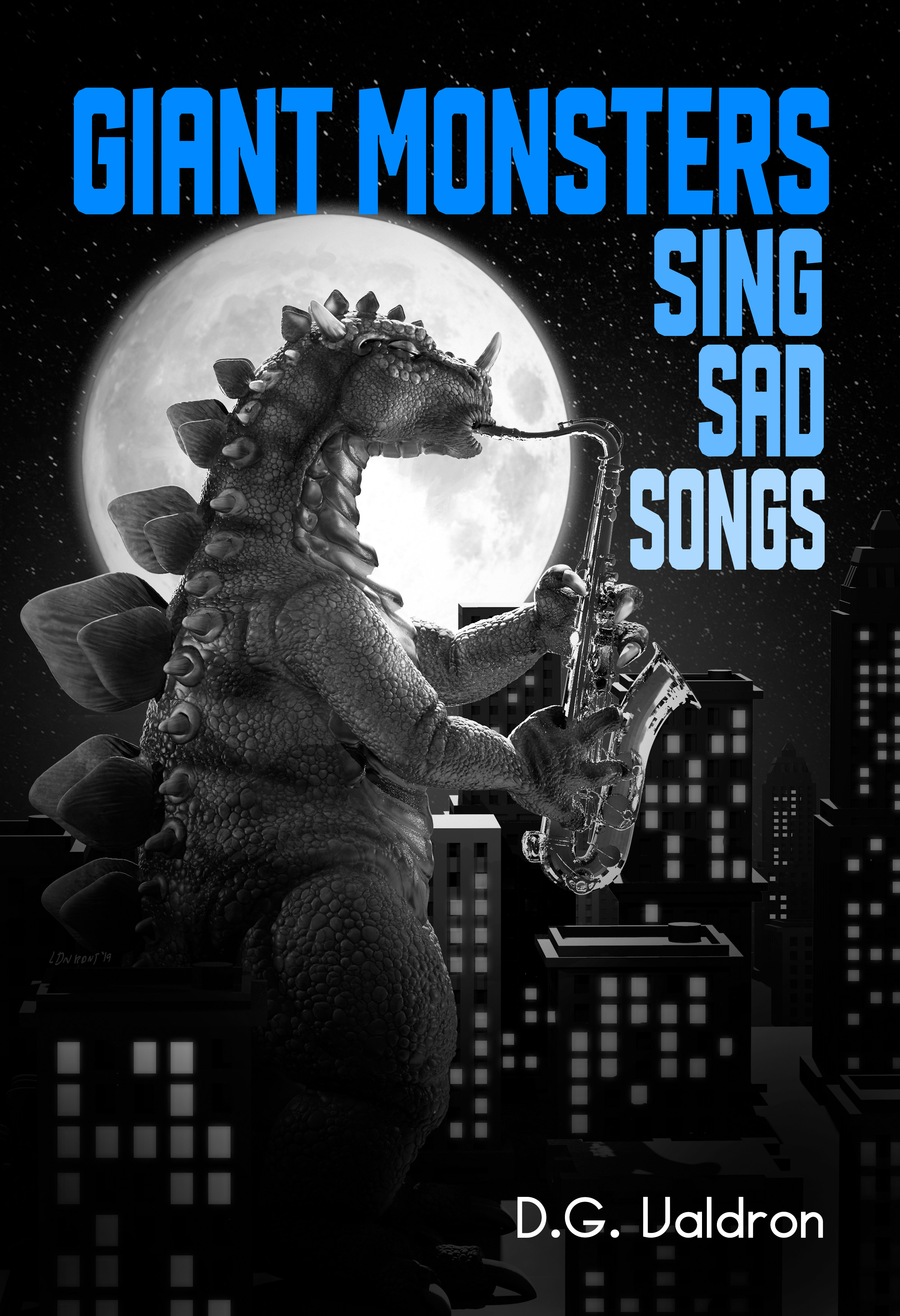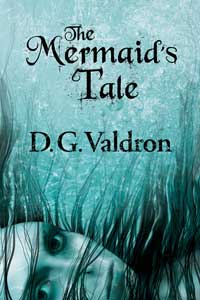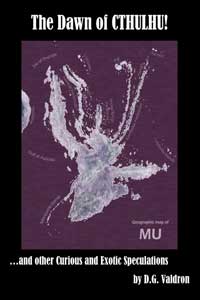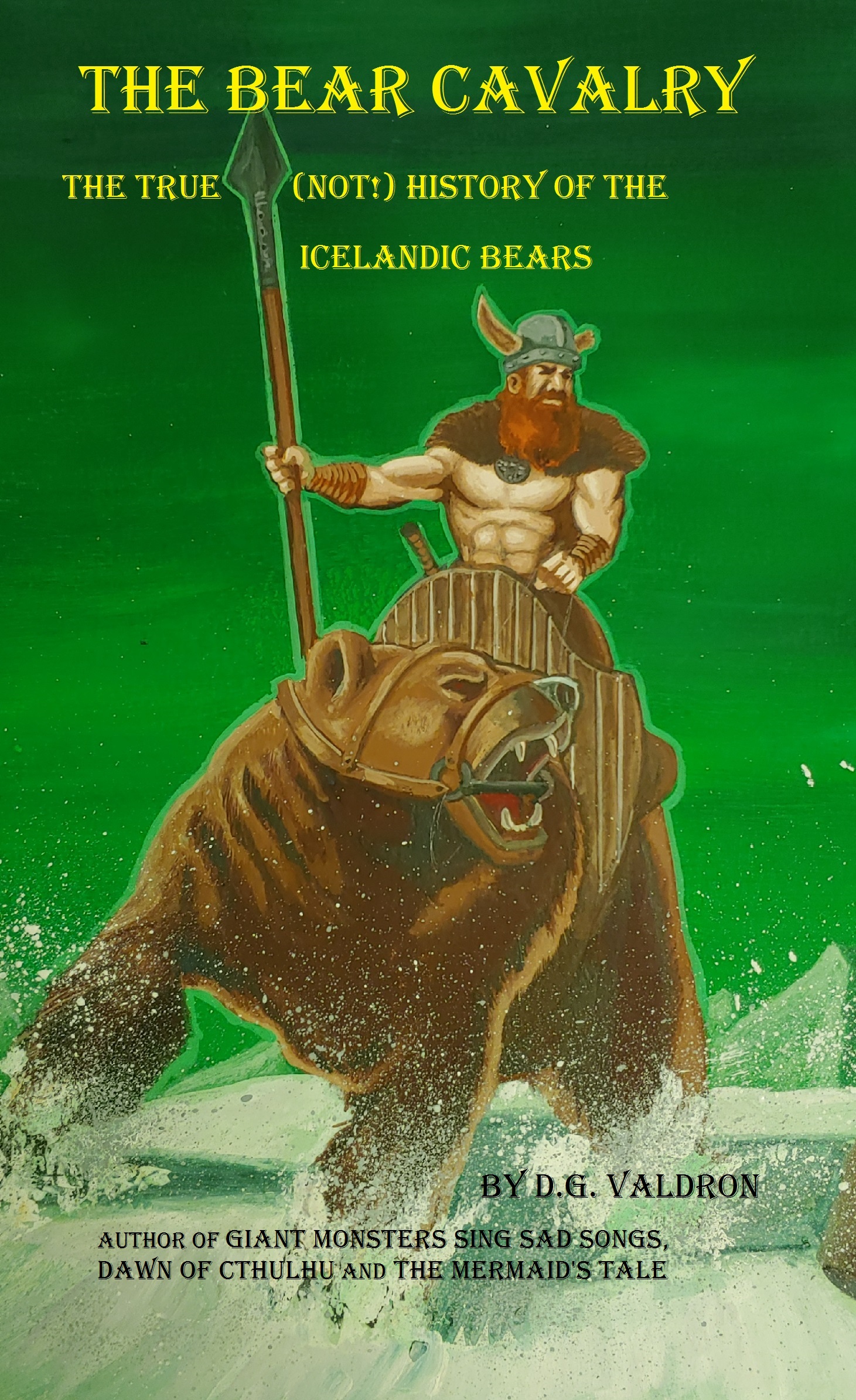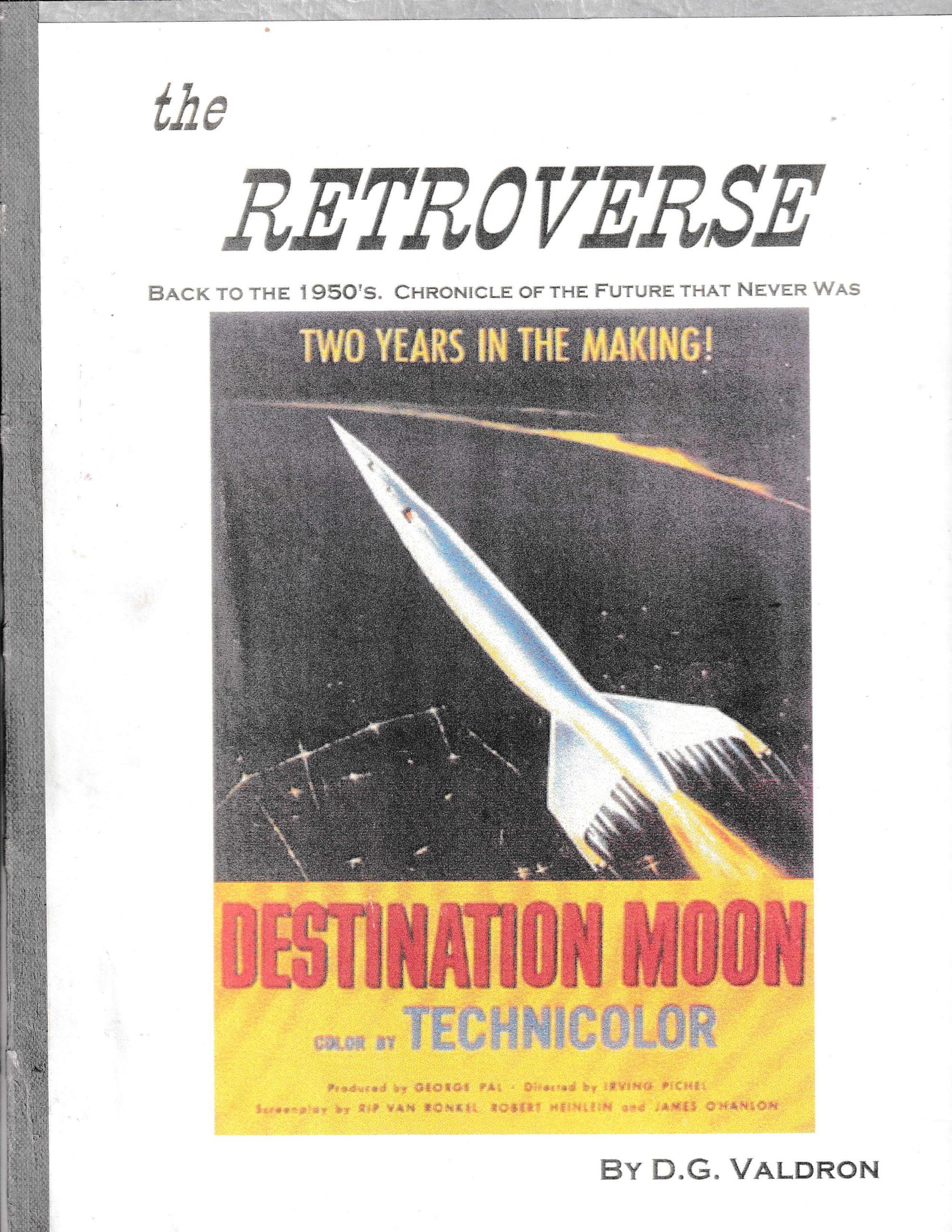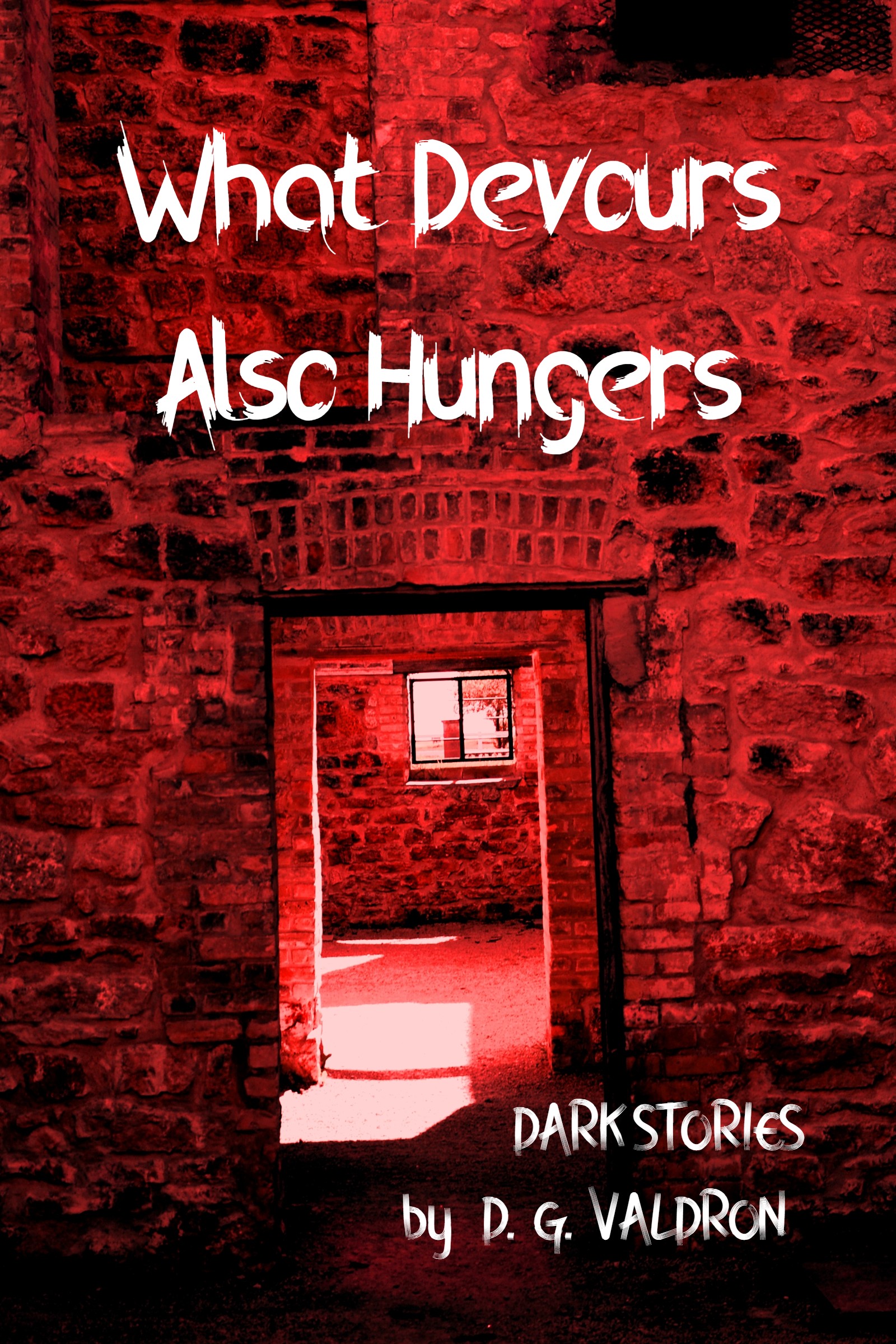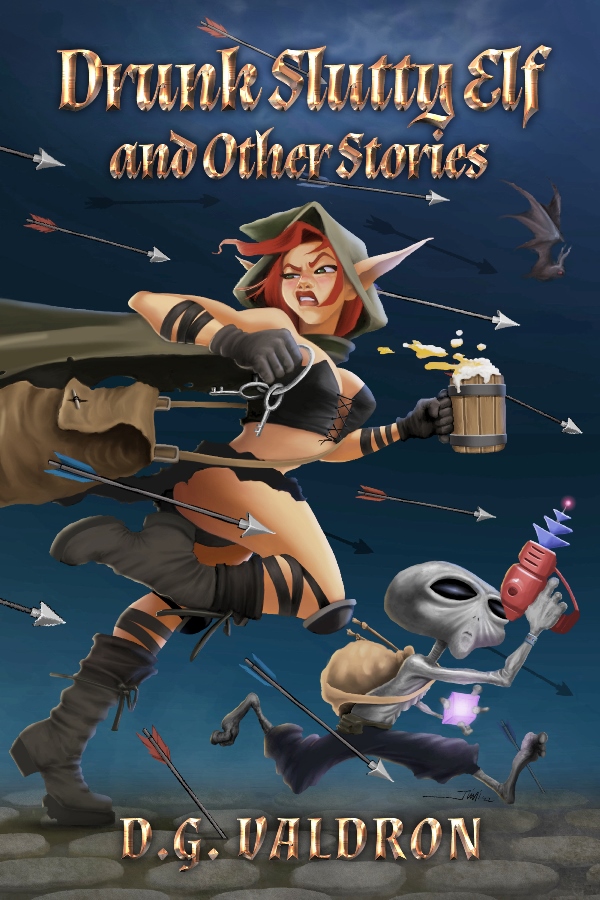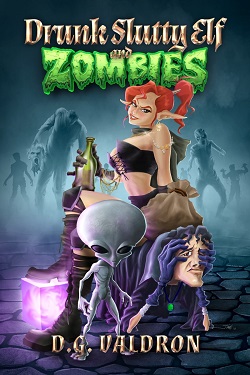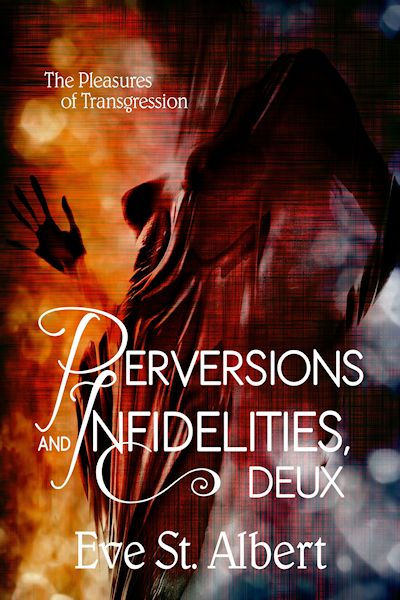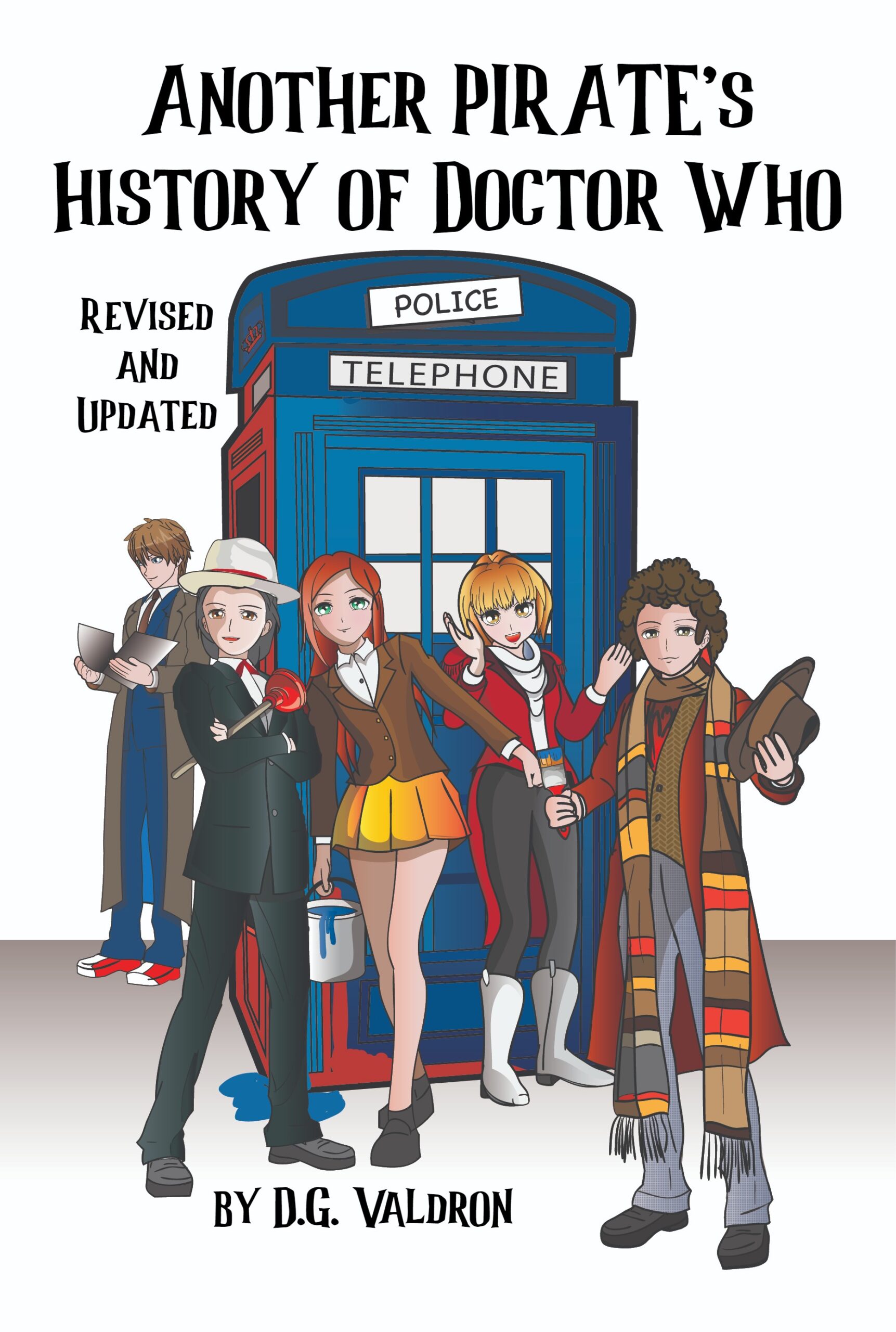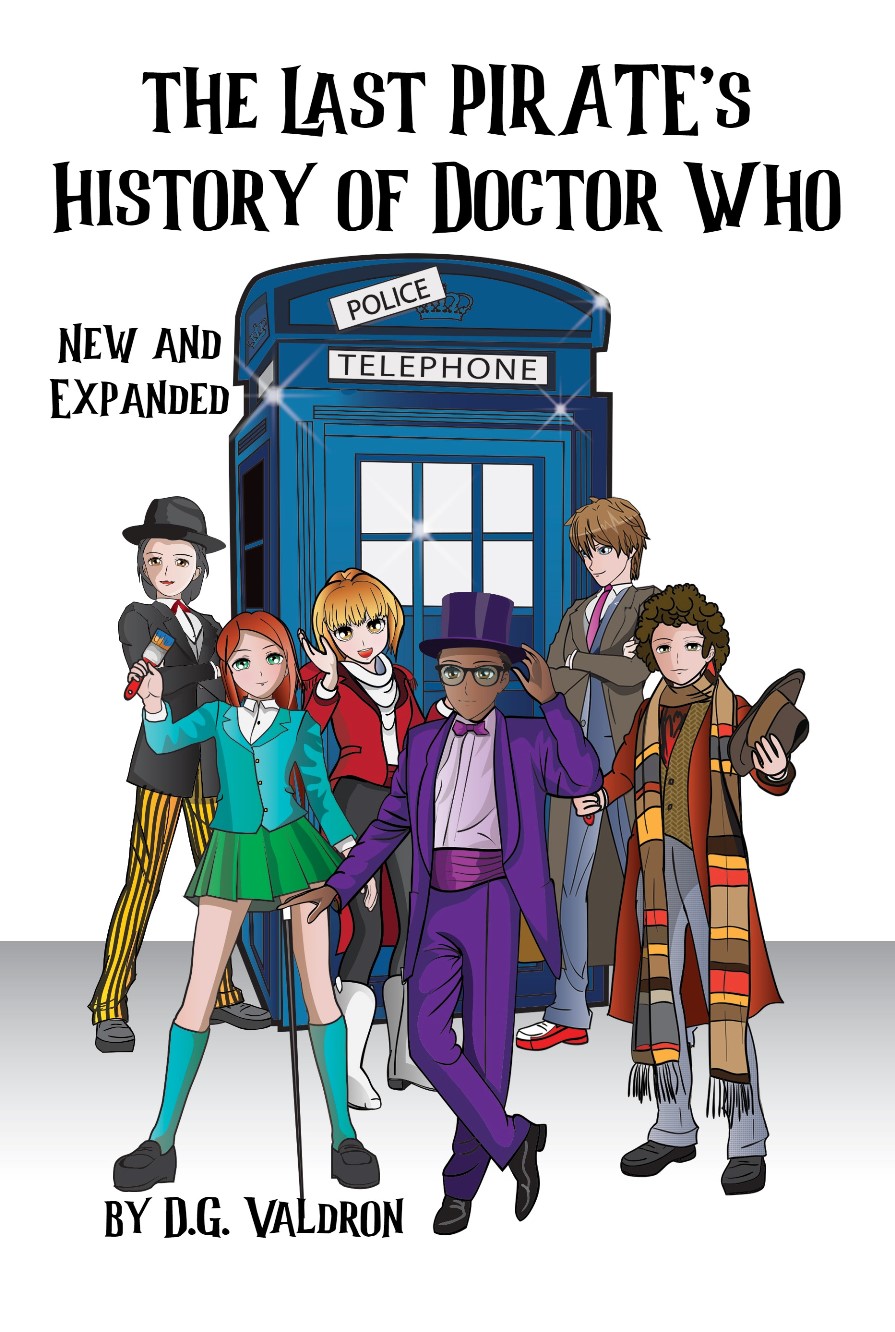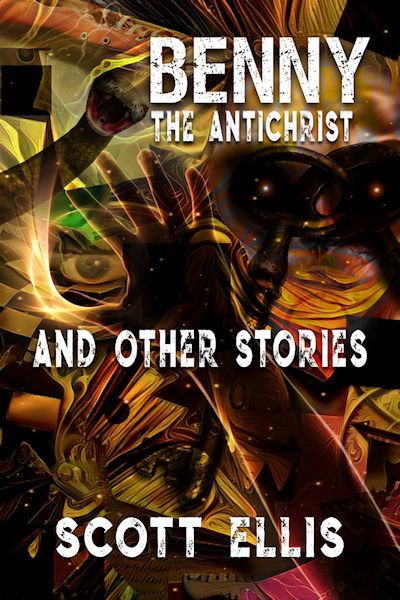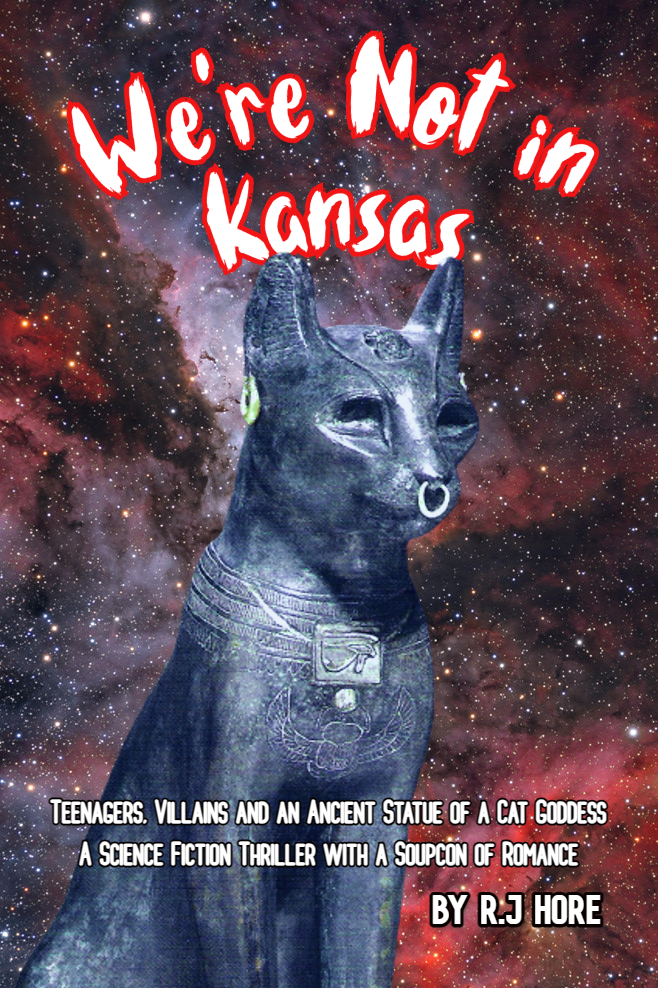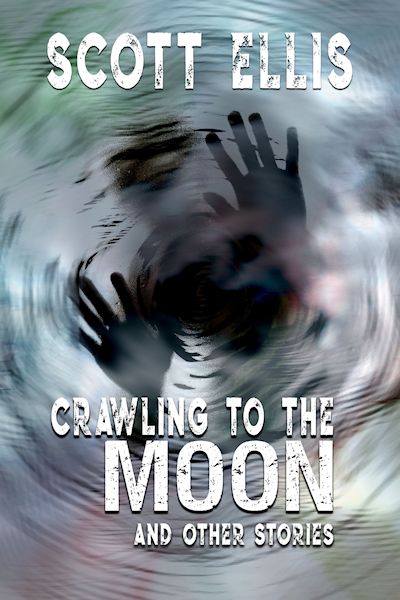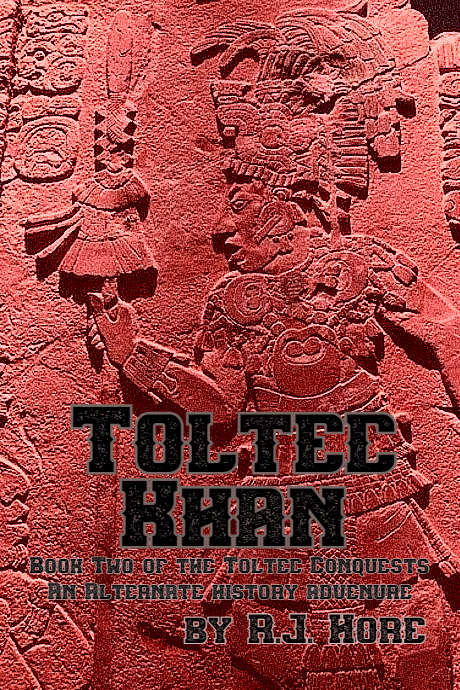I published my first story when I was thirteen. I have that in common with Ray Bradbury.
Actually, I published two of them. So take that Bradbury!
That’s probably the only thing I have in common with him. Maybe there’s other things. Maybe we both don’t like pineapples. Stuff like that. But really, as a writer, that’s probably the only thing.
It’s not really anything extraordinary. I was in Junior High School. In Language Arts, we had a teacher named Misses Emery, a red haired, portly matron of very fixed opinions, who made us write stories.
I did this thing called ‘The Monster Race.’ Basically, aliens come to earth, and after a brief friendly first contact, they start reading up on us and discover we are horrible people. But it’s too late, by the time they figure out we’re bad news, we slaughter them, reverse engineer their spaceship, and now we’re out in the Universe, spreading like a virus.
I suspect it wasn’t especially brilliant. It’s the sort of thing a precocious thirteen year old with a cynical streak might write in the early 1970’s, or … the 1930’s. But she was impressed enough by it that she sent it to the local newspaper, the Dalhousie News, and they published it.
Wow!


